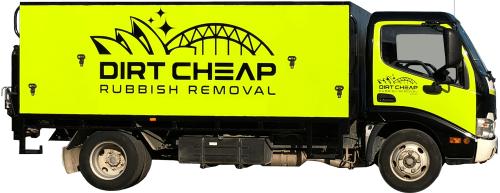Discover The Secrets To Selecting The Best Dumpster Dimension For Your Project, Making Certain Both Performance And Cost Savings In This Complete Overview
Discover The Secrets To Selecting The Best Dumpster Dimension For Your Project, Making Certain Both Performance And Cost Savings In This Complete Overview
Blog Article
Short Article Developed By-Swain Hunter
When starting a job that needs a dumpster, the size you pick can greatly affect its effectiveness and cost-effectiveness. Picture having the perfect container that fits all your waste without being excessively big or also little. All of it starts with comprehending the subtleties of your job and choosing a dumpster size that straightens with your particular needs. So, before you decide, consider the aspects at play to make sure a seamless waste administration procedure from beginning to end.
Factors to Consider
When picking the best dumpster dimension, there are numerous crucial elements to consider.
Initially, consider the kind of waste you'll be dealing with. Different materials may call for differing quantities of room, so understanding what you'll be placing in the dumpster is important.
Next, analyze the amount of waste you expect to produce. If you underestimate the volume, you may require to make several trips to throw away every little thing, which can be inconvenient and expensive. On the other hand, renting out a dumpster that's also large can lead to unneeded expenses.
In addition, think about the space where the dumpster will certainly be put. Make certain there's enough space for the dumpster to be delivered and gotten with no obstructions.
Finally, think about any kind of weight restrictions that may apply. Going beyond the weight limitation can lead to additional charges or perhaps the refusal of service.
Dumpster Size Alternatives
For choosing the right dumpster dimension, it's vital to have a good understanding of the available alternatives. Dumpster dimensions generally range from 10 to 40 cubic backyards, with variants in between.
A 10-yard dumpster appropriates for small projects like a garage cleanout or a tiny remodelling. If you're dealing with a medium-sized project such as a kitchen remodel or a basement cleanout, a 20-yard dumpster might be the appropriate choice.
For larger projects like a whole-house improvement or industrial building and construction, a 30 or 40-yard dumpster could be preferable to suit the volume of waste produced.
When selecting a dumpster dimension, consider the amount and type of debris you anticipate to get rid of. It's better to select a slightly bigger size if you're not sure to stop overfilling. Keep in mind, it's more affordable to rent out a dumpster that fits your requirements as opposed to needing to buy an added one.
Matching Dimension to Project
Optimally matching the dumpster size to your project is important for efficient waste administration. To establish the best dimension, take into consideration the scope and nature of your project.
For rental dumpster or renovations, a 10-yard dumpster might be enough. These are commonly 12 feet long and can hold about 4 pickup truck tons of waste.
For bigger projects like redesigning several areas or removing a large estate, a 20-yard dumpster may be preferable. These are around 22 feet long and can hold roughly 8 pickup truck tons.
If you're tackling a significant construction task or commercial renovation, a 30-yard dumpster could be the best fit. simply click the up coming internet page are about 22 feet long and can fit concerning 12 pickup truck loads of debris.
Matching the dumpster size to your task guarantees you have enough area for all waste products without overpaying for extra capacity.
Conclusion
Finally, selecting the ideal dumpster size for your project is important for efficient waste disposal. By considering variables like the kind and amount of waste, area schedule, weight limitations, and spending plan restrictions, you can ensure you have the suitable size dumpster for your demands. Ensure to match the size of the dumpster to the range and nature of your job to stay clear of overspending on unneeded expenditures.
